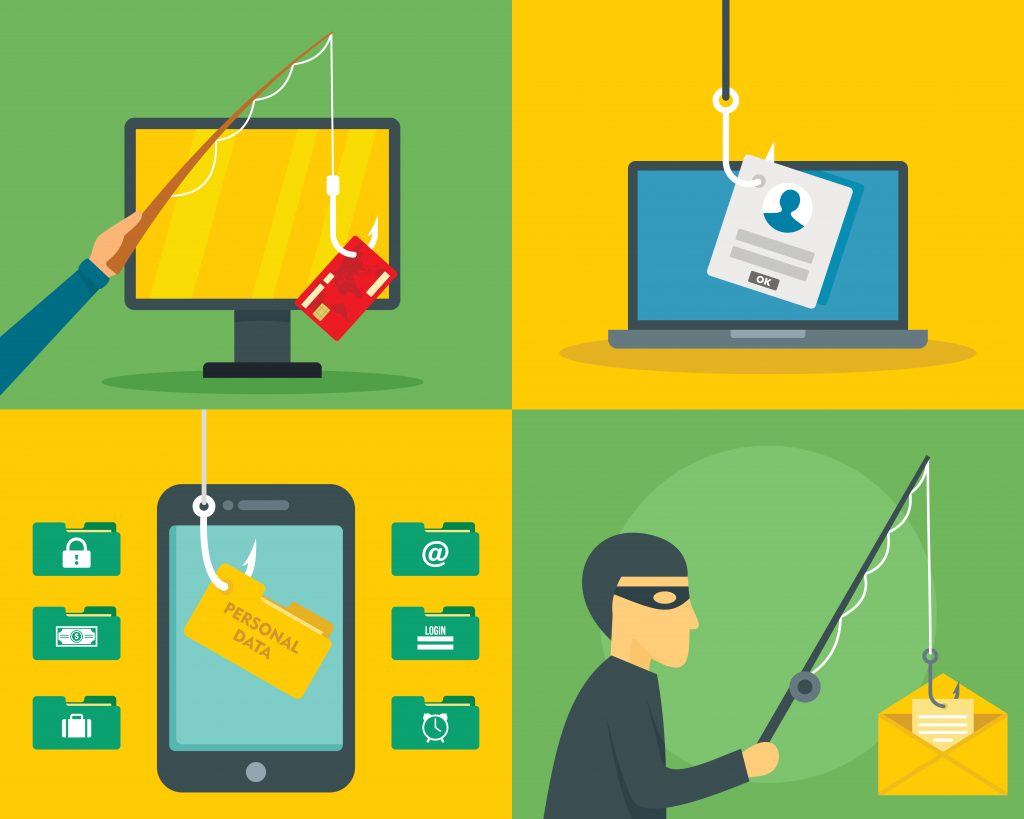Here are our 10 Best Cyber Hygiene Practices to Stay Safe Online While Working From Home
In the last month, many Canadian have made the shift to working from home. From video conference calls, uploading documents and conducting their daily business online. With the remote nature of this work comes the concern of increased security risks down the road.
There are always evil people looking to exploit others during times of crisis – and the current situation is no different. Cybercriminals understand that times of rapid transition can cause serious disruptions for organizations. In the rush to ensure business continuity, things like Cyber Hygiene can get overlooked, and criminals are looking to take advantage of any inadvertent security gaps.
While most workers are used to working at the office under carefully crafted IT systems, it has now become more critical than ever that employees maintain good Cyber Hygiene while working from home to protect themselves and their company.
As opposed to a purely technology-based defence against threats, Cyber Hygiene mostly regards routine measures that are technically simple to implement and primarily dependent on discipline or education.
- Set up automatic Updates (manually double check)
- Take corporate cybersecurity best practices home with you
- Protect your Home WIFI
- Use a VPN
- Create strong Individual Passwords (Use a password management tool)
- Have up to date Antivirus and Anti-malware protection tools
- Backup your data
- Use 2FA /MFA whenever possible
- Try to refrain from using work devices for personal use
- Be cautious, be suspicious, be vigilant, be aware
1. Set Up Automatic Updates (manually double check)
- Updates to device software and other applications can be a source of annoyance. But they really are important. Updates often include patches for security vulnerabilities that have been uncovered since the last iteration of the software was released.
2. Take Corporate Cybersecurity Best Practices Home With You
- Continue to follow the corporate best practices that company policy specified for you while working in the office.
3. Protect Your Home WIFI.
- Did you change your router password when it was first installed? Many people didn’t, leaving their home network vulnerable. It’s important to take simple steps to protect your home network to prevent malicious parties from having access to connected devices.
- Changing your router password is an excellent first step, but there are other actions you can take. For example, you should make sure firmware updates are installed so that security vulnerabilities can be patched. The encryption should be set to WPA2 or WPA3 and switch off WPS.
- Look to establish segregated networks with separate login credentials for personal and work devices and even a separate network for smart IOT devices.
4. Use a VPN
- If your company has a VPN (Virtual Private Network) you should use it when working from home.
5. Create Strong Individual Passwords
- It’s more important than ever to ensure that all accounts are protected with strong passwords. Unfortunately, many people still use the same password across multiple accounts. This means that all it takes is one compromised password for a criminal to take over all of your accounts.
- Passwords should be unique for every account and should comprise a long string of upper and lower case letters, numbers, and special characters. We understand that it can be difficult to remember multiple unique password, that is why we recommend using a password management tool. At solūt, we use LastPass.
6. Use Two Factor or Multi Factor Authentication (2FA /MFA) Whenever Possible
- Having a strong password often isn’t enough, for example, if your credentials are leaked in a data breach. Two -factor authentication (2FA) involves an additional step to add an extra layer of protection to your accounts.
7. Have up to Date Antivirus and Anti-Malware Protection Tools
- A good Antivirus software can act as the first line of defence by detecting and blocking known malware. Even if malware does manage to find its way onto your device, an Antivirus may be able to detect and, in some cases, remove it.
8. Backup Your Data
- If your company has a cloud data solution like OneDrive as part of your O365 solution use it. Don’t store work related data on your local machine.
- Data can be lost in a number of ways, including human error, physical damage to hardware, or a cyberattack. Ransomware and other types of malware can wipe entire systems without you having a chance to spot it.
9. Try to Refrain From Using Work Devices for Personal Use
- This tip can depend on your company’s policy on device use. If you are not allowed to do banking or shopping on a work device while you are in the office, don’t start doing it now, just because you are working from home.
- It is also recommended that you don’t let other people use your work devices
10. Be Cautious, Be Suspicious, Be Vigilant, Be Aware
- With the rise in the number of people working from home due to the coronavirus outbreak, no doubt there will be plenty of cybercriminals looking to cash in on the trend. It’s highly likely that phishing emails will target remote workers in a bid to steal their personal information or gain access to company accounts.
If you need help evaluating your organization’s security while your employees are working remotely, contact us.

